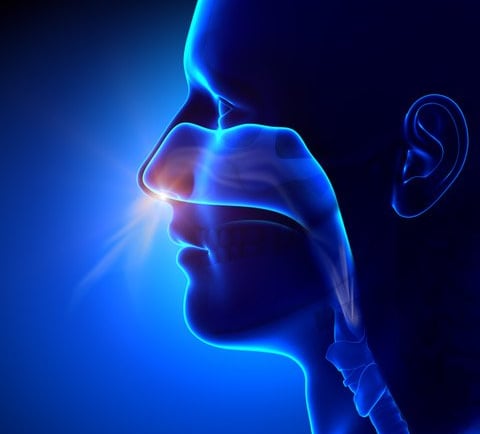Nose Breathig
Why you should focus on breathing through the nose for better health.


It is generally considered best to breathe in the through the mouth for speaking and singing - more about breathing for voice work in later blogs - but what about the rest of the time? When we breathe in through our nose the air is filtered, moistened and warmed but the benefits do not end there. I recently read a fascinating book about breath by James Nestor. He describes the effects of mouth versus nose breathing and how mouth breathing can affect our health negatively. Whereas switching to nose breathing can bring many positive benefits.
His book is certainly eye opening and worth a read if it’s an area you’re interested in. But here I’m going to talk about my own experience. I have been a life long mouth breather. I could breathe in through my nose when meditating or doing yoga but at night and during any strenuous exercise I’d revert to breathing through my mouth. When I first seriously tried to shift to nose breathing as my default a couple of years ago I discovered that it seemed impossible to breathe through my nose and walk!
I persevered, and found that focusing on opening the top of my nasal channels, rather than the base of my nostrils, helped but only whilst walking at a relaxed pace. I also tried taping my mouth up at night but felt as if I couldn’t breathe.
Reading James’ Nestor’s book changed all that for me. I understood more about what was happening and the uncomfortable feeling that I couldn’t get enough breath in through my nose. So the next time I went on an uphill walk I experimented. I walked a little slower and focused on breathing in and out through my nose in as relaxed a way as I could. After a couple of minutes I felt the familiar panic of not being able to take in enough breath. I allowed myself a couple of mouth breaths just to reassure and tried again. I stayed with the uncomfortable feeling as long as I safely could, always knowing I could breathe in through my mouth if I needed to. I found that after 15mins it felt easier and I was able to walk uphill for an hour and a quarter without stopping - not something I could usually do. James Nestor had spoken in his book about how nose breathing had given elite athletes more stamina and certainly, after the initial struggle, I found that it was the case for me - though I am far from being any kind of athlete, especially not an elite one!!
So after this success I decided to re-experiment with taping up my mouth at night. This time I placed the tape vertically, from just below my nose to just under my chin. I found this far more comfortable that when I’d placed it horizontally and I found that I slept better and woke up with less of a dry mouth. I now really notice the difference if for some reason I don’t sleep with the tape. I’m hopeful that if I keep going long enough I will build the habit of sleeping with my mouth shut and no longer need to use the tape.
Better sleep and more stamina are not the only benefits. I feel that my whole breathing system is strengthening. I’m exploring this further and how a mixture of nose and mouth breathing can further help our voice as well as our health.
NOTE: If you are a mouth breather who wants to switch I suggest you start by reading James Nestor’s book to give you a good understanding of what is going on.
If you have any breathing or other health issues please consult your doctor or another qualified health practitioner before you start experimenting with nose breathing.
